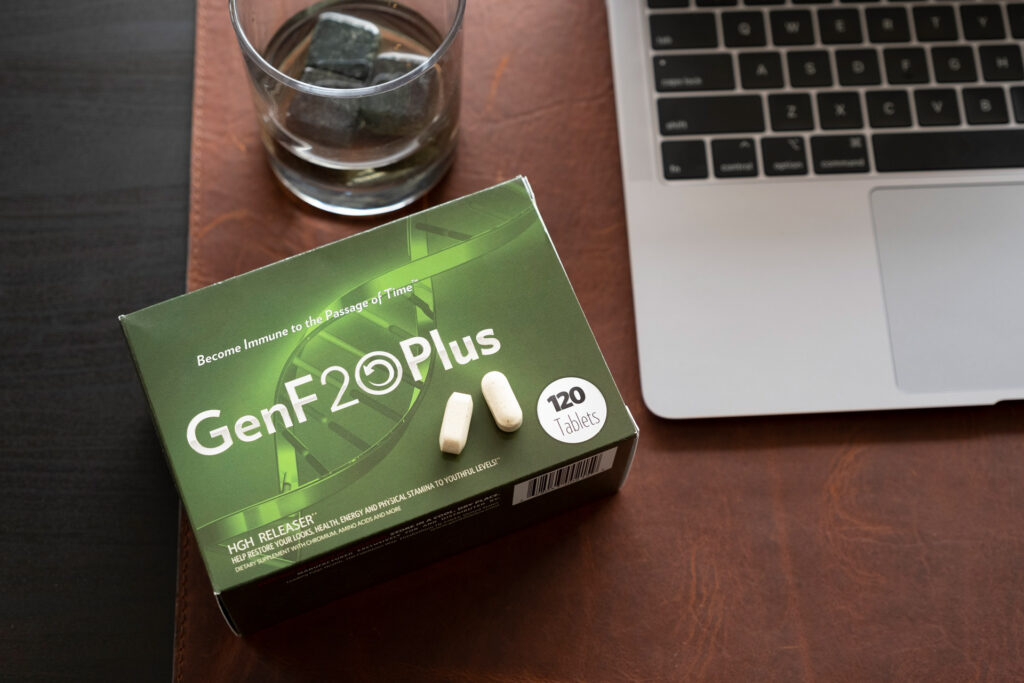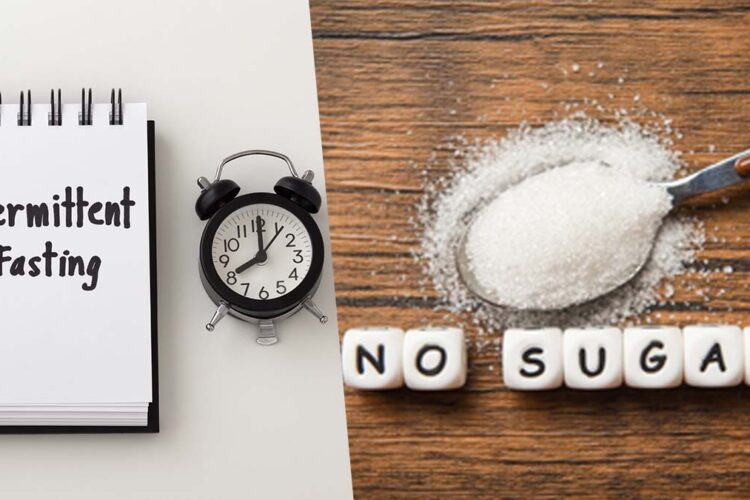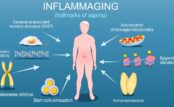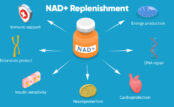Human Growth Hormone (HGH) plays a vital role in growth, body composition, cell repair, and metabolism. As we age, natural HGH production declines, which some researchers believe contributes to the aging process. While synthetic HGH therapy exists, many people are interested in natural methods to optimize their body’s own HGH production. This article explores evidence-based approaches to naturally increase HGH levels for potential anti-aging benefits.
Sleep Optimization
Quality sleep is perhaps the most powerful natural HGH booster. Your body releases significant amounts of HGH during deep sleep phases.
- Research shows that the majority of HGH secretion occurs during slow-wave or deep sleep (Takahashi et al., 1968).
- One study found that poor sleep can reduce the amount of HGH your body produces (Van Cauter et al., 2004).
- Aim for 7-9 hours of uninterrupted sleep in a dark, cool environment.
High-Intensity Exercise
High-intensity exercise has been shown to significantly boost HGH production.
- A study published in the Journal of Applied Physiology found that high-intensity interval training (HIIT) stimulated greater HGH response than steady-state cardio (Stokes et al., 2010).
- Resistance training with heavy weights and short rest periods between sets has been shown to elicit substantial HGH release (Kraemer et al., 2005).
- For optimal results, include both HIIT and resistance training in your workout routine.
Intermittent Fasting and Dietary Strategies
Several nutritional strategies may help optimize HGH production.
- Intermittent fasting has been shown to increase HGH levels. A study in the Journal of Clinical Investigation found that fasting for 24 hours increased HGH levels by up to 2000% in men (Ho et al., 1988).
- Reducing sugar intake may help optimize HGH levels, as insulin spikes can inhibit HGH release (Lanzi et al., 1999).
- Protein intake, particularly before sleep, may enhance overnight HGH secretion (Res et al., 2012).
Specific Nutrients and Supplements
Certain nutrients have been associated with improved HGH production:
- Arginine: A study in the Journal of Gerontology found that arginine supplementation increased HGH levels in men (Kanaley, 2008).
- Glutamine: Research suggests supplementing with glutamine may temporarily increase HGH levels (Welbourne, 1995).
- Melatonin: Studies indicate melatonin supplementation may enhance sleep quality and HGH secretion (Valcavi et al., 1993).
- GABA: Gamma-aminobutyric acid has been shown to increase HGH levels at rest (Powers et al., 2008).
Stress Management
Chronic stress elevates cortisol levels, which can inhibit HGH production.
- Mind-body practices like meditation, yoga, and deep breathing have been shown to reduce cortisol levels (Jung et al., 2019).
- Regular relaxation practices may help optimize hormonal balance and HGH secretion (Jin, 1989).
Avoid Alcohol and Excess Body Fat
Both alcohol consumption and excess body fat can negatively impact HGH production.
- Research shows that alcohol consumption can decrease HGH secretion for up to 24 hours (Prinz et al., 1980).
- Studies have found that individuals with higher body fat percentages tend to have lower HGH levels (Savastano et al., 2006).

GenF20 Plus: A Natural HGH-Supporting Supplement
For those seeking additional support for natural HGH production, GenF20 Plus offers a comprehensive approach. This dietary supplement contains a blend of amino acids, nutrients, and herbal extracts designed to support the body’s natural HGH production.
The formulation includes ingredients like L-arginine, L-glutamine, L-glycine, and anterior pituitary powder, which some research suggests may support HGH production. GenF20 Plus doesn’t contain synthetic HGH, but rather aims to stimulate the body’s own pituitary gland to produce more of this important hormone naturally.
A 12-week double-blind, placebo-controlled study published in 2012 found that GenF20 Plus was associated with a 28% increase in IGF-1 levels (a primary indicator of HGH activity) in participants. The study also noted improvements in energy levels, sleep quality, and overall wellbeing among subjects taking the supplement compared to placebo.





